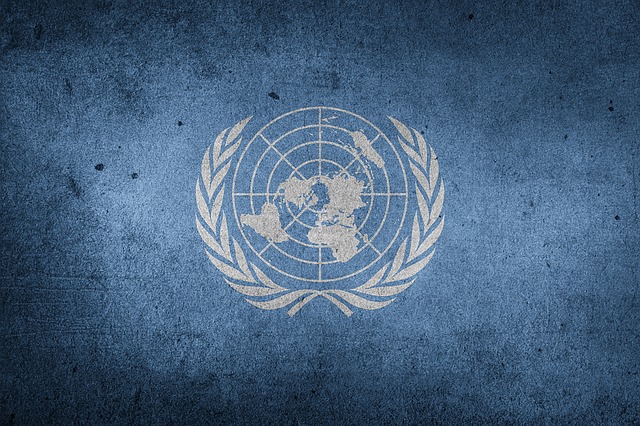“Bulgaria has not taken a decision on joining the UN Pact on Migration and this cannot be done without discussion in parliament”, said Bulgarian Foreign Minister Ekaterina Zaharieva.
The complaint that this Pact, which will potentially have huge effects for the signing countries in the future, was not discussed in national parliaments or in the media is now heard more and more often.
Even translations of the text of the Pact in the languages of the countries were either not provided for a long time or they are still not available. The latter is the case in Estonia at the time of writing this (12.11.2018).
Meanwhile, leader of the majority party GERB in the Bulgarian Government, Tsvetan Tsvetanov, announced that the position of the government and parliamentary groups in the ruling coalition is not to sign the UN pact on migration .
Interestingly, in contrast to other leftist parties in Europe—e.g. to the German SPD—the opposition Bulgarian Socialist Party (BSP) is also against signing the Pact.
On Friday (9.11.2018) in a statement on behalf of BSP, Chairwoman of BSP Kornelia Ninova said that she wanted a debate on the topic and Prime Minister Boyko Borisov “to explain when and who decided to join Bulgaria in the UN pact on migration that does not protect our national interest.”
Thus, Bulgaria joins a growing number of countries which have either already decided not to sign the Pact (USA, Australia, Austria, Hungary) or are seriously considering not to sign it (Poland, Czech Republic, Croatia, Slovakia).
